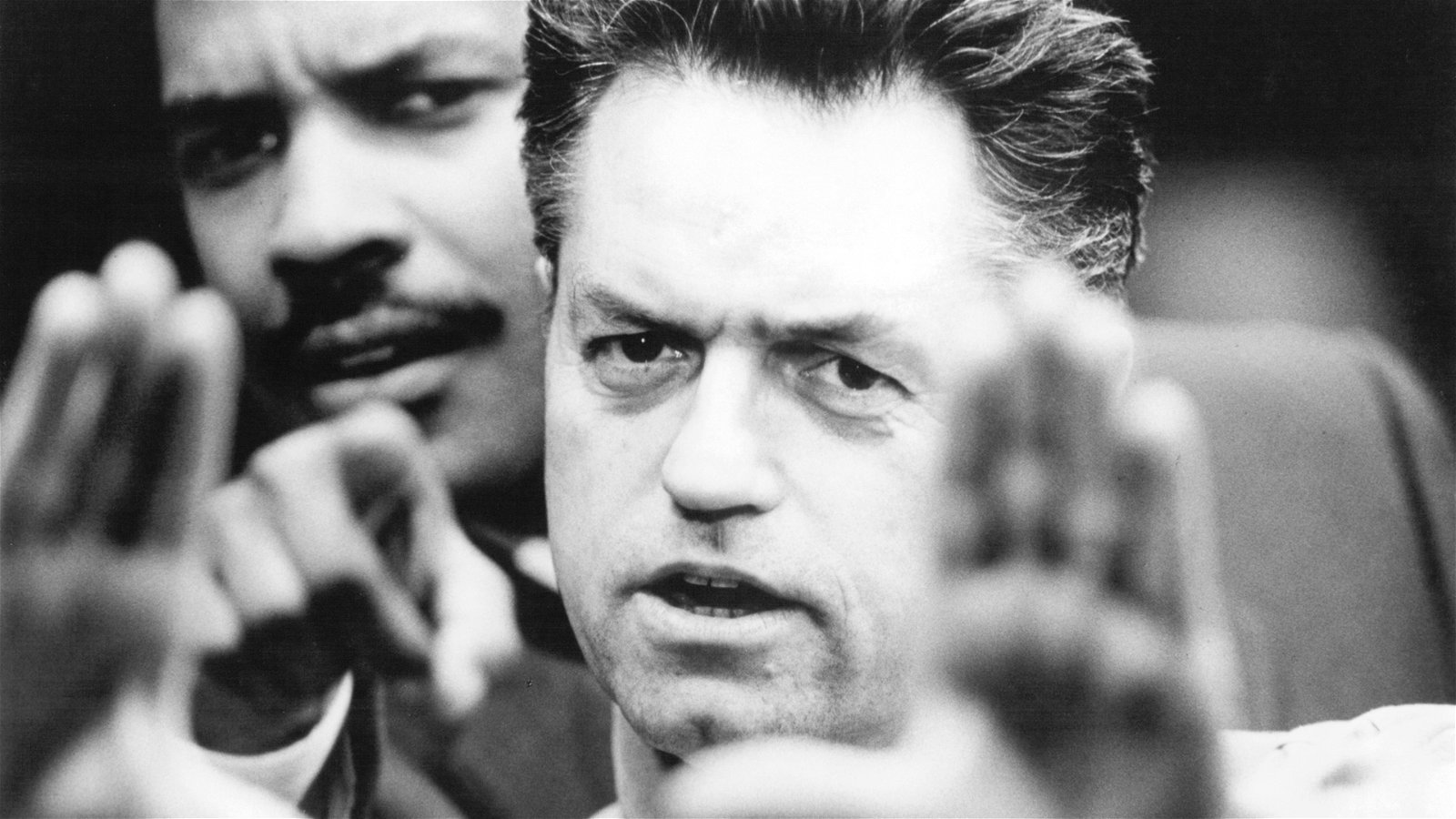Really? Now the afterlife has claimed one of the great and most underrated American directors, Jonathan Demme. Over the course of a 41-year career, Demme delivered one of the most eclectic, eccentric, and brilliant filmographies of any filmmaker in his or any generation. He made mainstream hits, art house favourites, cult movies, documentaries, concert films, music videos, directed for television, and seemingly every other form of visual entertainment. His heart was bigger than most. It was cancer that claimed him in the end. He will be missed. Dearly. There was no one else quite like him in Hollywood or anywhere else.
Jonathan Demme will likely always be best remembered for directing The Silence Of The Lambs. Fair enough. It’s a masterpiece, one of the most imitated and influential movies of the 90s, and he got an Oscar for it. The flick is more complicated than it seems, as easy to read as a feminist parable as it is an iconic serial killer thriller. Obviously, Anthony Hopkins’ Hannibal Lector was an instant pop culture icon who resonates to this day, but it was Jodi Foster’s Clarice Starling who was the beating heart of the movie. A woman fighting through a man’s world, battling patriarchal bureaucracy to save another woman from a deranged killer (who Demme somehow even found a little empathy for). It’s both a horrifying thrill ride, and a beautifully thoughtful character study. No one else could have made it if only because the most thrilling moments aren’t the expertly crafted set pieces, but the long dialogue sequences between Clarice and Lector and burn into the brain thanks to Demme’s signature use of searing close-ups and actors directly addressing the camera. The most horrifying moments of the movie were intimate moments of connection between a strong woman with a righteous purpose and a cannibalistic madman of uncommon intelligence. Somehow, the movie is both a classic and underrated. It’s extraordinary.
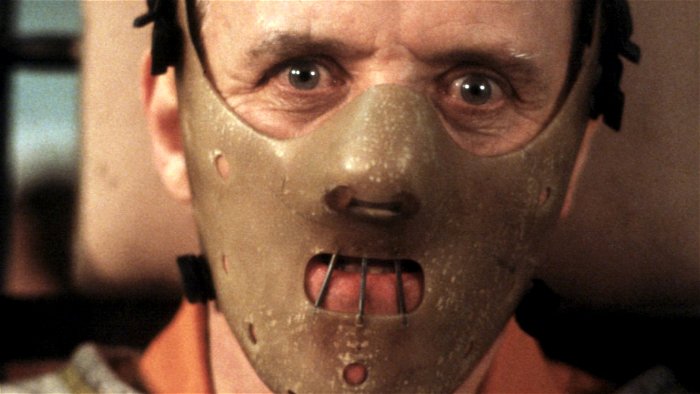
The film can feel out of place in Demme’s otherwise humanist and gentle filmography were it not for the fact that he began his career making exploitation flicks for B-movie king Roger Corman in the 70s. After a stint as a film critic, Demme wormed his way into Roger’s world as a publicist writing press releases. That led to Demme writing scripts for Corman and eventually directing his own screenplays starting with Caged Heat. That “women in prison” grindhouse classic transcended it’s T&A form thanks to knowing humour, impressive visuals and a feminist bent that saw women break out of a repressive system to find life on their own (a theme he would return to frequently throughout his career, just typically with fewer shotguns). He followed that up with the kitschy family crime comedy Crazy Mama (starring Cloris Leachman as 50s housewife/bank robber) and the politicized revenge thriller Fighting Mad. They were all better than they had any right to be and made enough money to move Demme out of the Corman factory.
Demme began his Hollywood career with the deeply underrated Citizens Band (aka Handle With Care), his first of many odes to the uniquely quirky charms small town Americanna. The gentle comedy about country folk living double lives on CV radios bombed at the box office and has never been properly released since VHS, but it’s a Demme delight well worth tracking down for anyone willing to peruse bootleg markets (and it’s exploration of how people can live through multiple identities through technology now feels ahead of it’s time). That was followed with a Hitchcock homage Last Embrace that allowed him to stretch his visual style to new levels.
Then came Demme’s first masterpiece Melvin And Howard a beautiful and hilarious study of the long series of failings and friendships that make up our lives. It was about Melvin Dummar a milkman/truck driver who was named in Howard Hughes will after Dummar gave picked up the billionaire as a hitchhiker and formed a bond on the road. Of course, that was never proven, Melvin never got the money, but that hard luck finale only added deeper resonance to Demme’s quirky study of struggling humanity. It’s extraordinary and won Oscars, but made little money, and is, at best, remembered as a cult movie now.
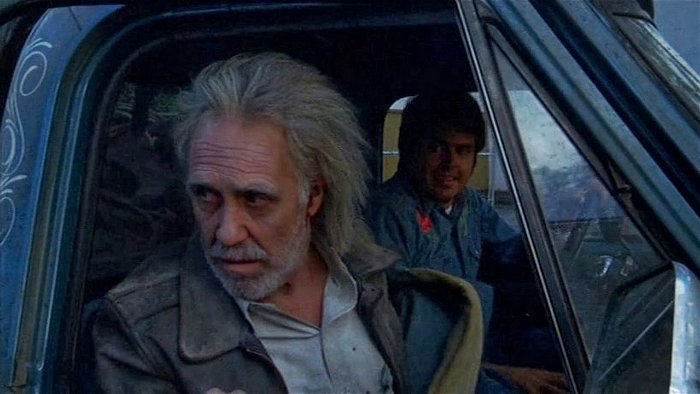
That awards success landed Demme a big Hollywood period piece in Swing Shift that was intended to be a feminist epic about women working in factories during The Second World War, but then got reshot and re-edited into romantic comedy when star/producer Goldie Hawn fell in love with co-star Kurt Russell on the set. The final film is muddled yet interesting. It’s rumoured that bootleg tapes of the director’s cut revealed one of Demme’s greatest achievements, but sadly that cut was never officially released nor is it even available on the dark corners of the internet. Thankfully, Demme decided to make a concert movie as an escape from that horrible experience and it was the greatest concert movie ever made: Stop Making Sense. The Talking Heads concert movie is a magical fusion of live music and cinema that needs to be experienced to be appreciated. To this day when it screens theatrically audiences dance in the aisles. If you ever get a chance to see it, do not miss it. Following that experience, Demme continued in non-fiction and performance movies. He made delightful performance films for everyone from Robin Hitchcock and Spalding Gray to Justin Timberlake and Neil Young. His documentaries were personal and political (like Cousin Bobby and The Agronomist), but sadly rarely got much of a release despite how passionately he produced them.
Following the unexpected success of Stop Making Sense, Jonathan Demme revitalized his career as a cult favourite. He cranked out music videos throughout the early days of MTV and went back to his Roger Corman beginnings for some thrillers with a quirky comedy bent. Something Wild might be his finest feature, a bizarre love story and thriller starring Jeff Daniels and Melanie Griffith that shouldn’t be described to anyone who hasn’t seen it. The film turns on a dime tonally, from rom-com to Hitchcock and has one of the best soundtracks of the 80s. It’s an ode to the joys of the movies and one of the finest American films of its decade. He followed that up with Married To The Mob, a crime comedy starring Michelle Pfeiffer as a mob wife looking to get clean. It’s a colourfully over-stylized as a Wes Anderson movie and so charmingly funny and entertaining that it’s almost unfair. Next came Silence Of The Lambs and the long overdue commercial success that he’d always deserved. Demme won the first and only best director Oscar he was ever nominated for and created a charming American monster that resonates to this day.
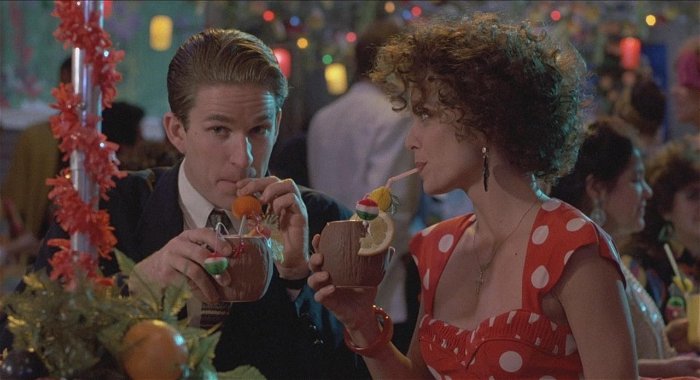
After the success of The Silence Of The Lambs, Demme decided to dedicate his film career to the type of socially conscious pictures he’d always dreamed of making. He only directed two other movies in the 90s and they carried and an uncommon level of self-importance for the playful filmmaker, but were worthy of those pretensions. Philadelphia was the first mainstream American film about the aids epidemic. Sure, the movie leans too hard on courtroom dramatics and is perhaps a little too concerned with winning over 90s homophobes for contemporary eyes, but it’s also strikingly well shot and guaranteed to make any human with tear ducts cry. Next came Beloved a collaboration with Oprah Winfrey to adapt Toni Morrison’s difficult and revered novel. Though a little too long because no one was willing to leave a page of the book of the screen, Beloved is deeply underrated and unfairly forgotten. An exploration of slavery as a ghost story littered with metaphor and profoundly disturbing imagery, it is an extraordinary exploration of difficult subject matter that deserves rediscovery.
In the 2000s Demme got playful again. He gave remakes a good name by dipping back into two 60s Hollywood classics. The Truth About Charlie reinvented Charade as a playful homage to the cinematic in-jokes and stylistic excess of The French New Wave that’s a joy to anyone who loves Charade and Shoot The Piano Player as much as Demme and a headscratcher to everyone else. Far better was his update of The Manchurian Candidate that reimagined that masterpiece of psychological horror as a rallying scream against corporate control in politics. Grounded by a tremendous lead performance by a mentally cracked Denzel Washington and a humorously Hilary Clinton-inspired villain from Meryl Streep, Demme’s Manchurian Candidate isn’t just a brilliantly made thriller, but an insightful political allegory that has only gotten more frighteningly relevant in recent months. The director followed that up with his final masterpiece Rachel Getting Married in 2008. An absolutely beautiful and Altman-esque exploration of a family collapsing and coming together around two sisters, it was a return to Demme’s early humanist character comedies and one of the most underrated movies of the decade. Watching it without smiling and feeling profoundly moved is impossible and he got a performance out of Anne Hathaway that will likely never be topped.
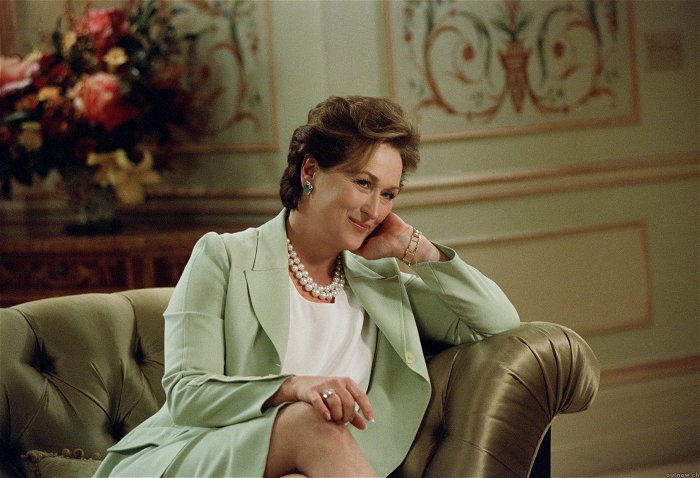
Over the last decade, Demme slowed down due to age and illness. His final films like Rikki And The Flash, A Master Builder, and Justin Timberlake + The Tennessee kids weren’t his best. He was working for hire, unable to get his own projects off the ground anymore. But those films (along with a handful of TV directing gigs) retained Demme’s warm heart and cinematic style. He never made a bad film over the course of his career, even if his final projects weren’t of his own design. Jonathan Demme brought a warmth, humour, and love of humanity to all of his works. He deserves to be remembered as one of the finest filmmakers who ever lived, even though he was far too humble of a man to ever accept such accolades. There will never be another Jonathan Demme. The history of film is a far better, funnier, and more moving place thanks to his involvement. It always felt like he had a final masterpiece in him and it’s a tragedy that we’ll never see it. Our thoughts go out to all of Jonathan Demme’s family and friends that were legion. He will be remembered as one of the greats and despite that will still seem underrated. Do yourself a favour and watch as many Jonathan Demme movies as you can get your hands on this weekend. He gave us so much sheer cinematic joy and insight into the human condition. Celebrate and mourn. Demme will be missed. He’s irreplaceable.
